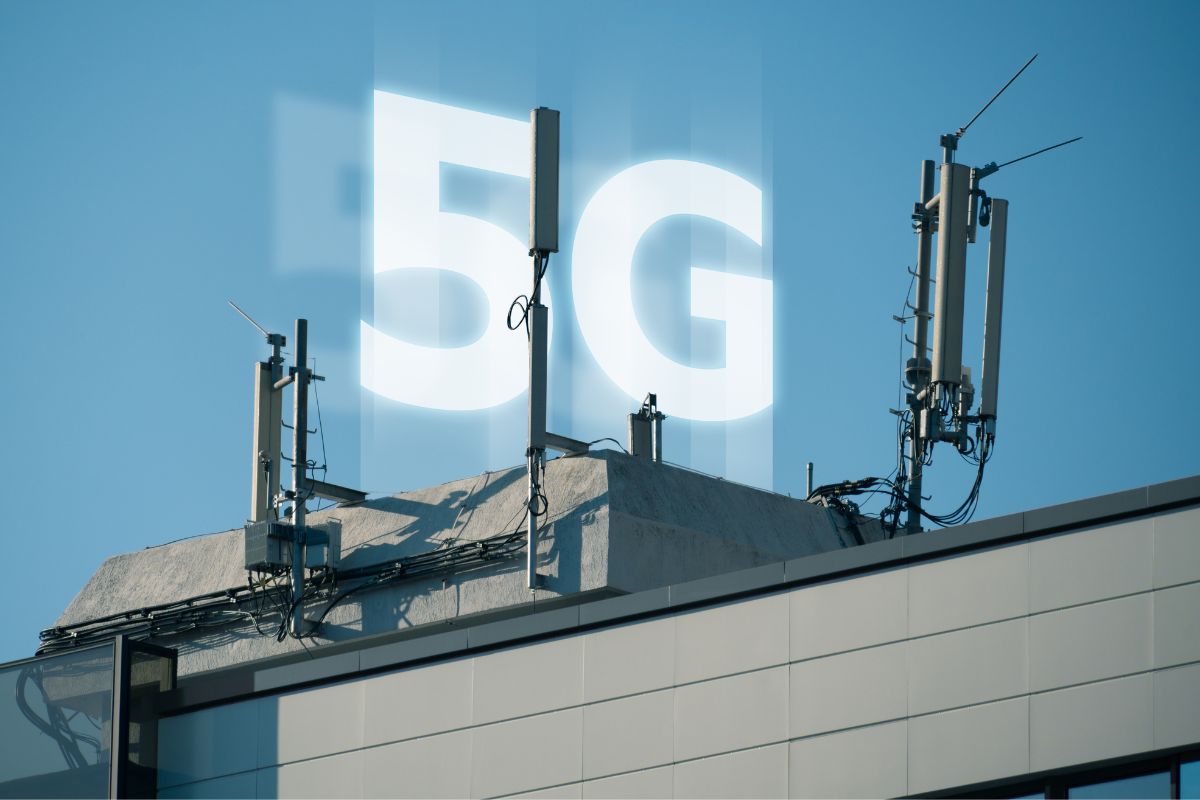
Nokia and AT&T Mexico have established what they say is the first industrial-grade LTE private network in a maritime terminal in the country. There has been another private network announcement in Latin America, this time in Brazil and using 5G, according to a report by Developing Telecom.
The First Private 5G Standalone Network That Is Fully Independent
Nestlé, a multinational food and beverage processing corporation based in Switzerland, has implemented the first private 5G network in Latin America utilising the Private 5G (EP5G) product from Ericsson. The first private 5G standalone network in the area with a 100% on-premises network architecture that runs entirely independently from the public mobile network is what is meant by this description.
Nestlé, Ericsson, Claro, and Embratel are working together on this project, which heralds the transition from an automated to an autonomous factory; however, the particular site or locations of the deployment do not appear to have been disclosed yet. Quick data processing is made possible through EP5G, in which network data transmission speeds up to 25 times faster than 4G. It is especially well suited to serving mission-critical applications that need extremely fast response times in the millisecond range.
Nestlé's industrial environment will significantly change as a result of 5G's high data throughput and low latency; it will help in changing the way it works, expanding the company's focus on smart factories, and improving productivity, efficiency, and workplace safety. The project makes use of Claro-licensed frequencies intended for experimental use.
In recent years, Nestlé has benefited from cutting-edge technology, including robotics, automation, artificial intelligence, machine learning, virtual reality, and the operation of self-driving cars. As per Ericsson, through the development of the private 5G standalone network, Nestlé's entire digital ecosystem will become even more dependable and complete once the private 5G standalone network is in place, opening up new creative use cases. Sensitive data will be only used on the factory's internal network thanks to the private, closed cellular network, which will help increase network security.















